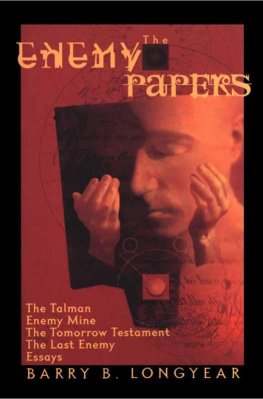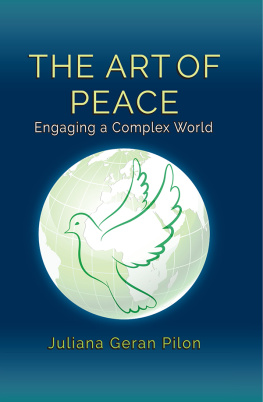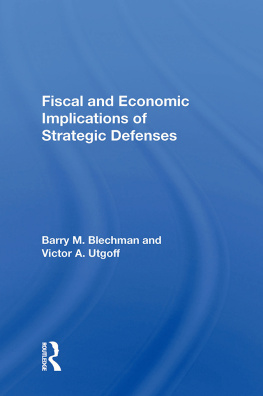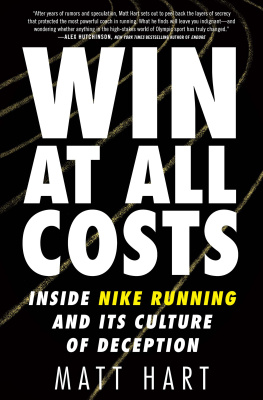Acknowledgments
There have been so many friends, colleagues, mentors, and benefactors who have made this book possibleit is hard to know where to begin. The seed of this project germinated in the Politics Department at Princeton University. Aaron Friedberg and Jake Shapiro provided constructive criticism and pushed me on the core theoretical assumptions of my dissertation, which paved the way for the much revised and better explanation of diplomatic posture found in this book. Keren Yarhi-Milo also read the manuscript and has since become a mentor and friend. Most of all, I thank my mentor Thomas Christensen for his guidance, knowledge, and support over the past decade. He is one of the few who have successfully struck a balance between public service, China expertise, and contributions to international relations theorya standard that pushes me to work harder. Moreover, his feedback was always spot oneven if I had to have a few glasses of wine before I could handle reading through his detailed suggestions.
A number of institutions and foundations provided support for this project. First, the fieldwork was conducted thanks to support from Princeton Universitys Mamdouha S. Bobst Center for Peace and Justice, the Princeton Institute for International and Regional Studies (PIIRS), the Bradley Foundation, the Smith Richardson Foundation World Politics and Statecraft Pre-doctoral Fellowship, and the Asia Foundation Faculty Research Grant on the Domestic Dimensions of IR. Jim Goldgeier and Charlie Glaser helped arrange a pre-doc position at the Institute for Security and Conflict Studies at George Washington University, where this research project first took its current form. I also received support for this research from the Miller Center of the University of Virginia, where I was a National Fellow. Also, I thank the Council of Foreign Relations, where I sat as a Stanton Nuclear Security Fellow, and the American Enterprise Institute (AEI), where I have served as a Jeane Kirkpatrick Scholar. Both of these institutions provided me with research support and an intellectual home, which allowed me to make progress on a number of projects, including this manuscript. AEI also provided me with additional research assistance and funding, which helped me put the final touches on this manuscript. I was able to take advantage of these opportunities thanks to the support of Georgetownespecially Jeff Anderson, Irfan Nooruddin, Bruce Hoffman, and Keir Lieber.
I was lucky to find academic homes when I was abroad conducting research. My husband and I spent six blissful months at Campion Hall at Oxford University, where I was able to write the first drafts of two chapters thanks to the serenity and intellectually stimulating environment (and the port at Sunday lunch). The Institute for Defence Studies and Analysis (IDSA) in New Delhi provided me with library access and office space, and Beijing University, in particular Wang Dong, provided me institutional support.
But this book really came to fruition during my time as a professor of security studies at Georgetown University. I could not ask for a better academic home than the Security Studies Program (SSP) in the Edmund A. Walsh School of Foreign Service (SFS). To be surrounded by top scholars who also engage in public debate and affect real-world policy undoubtedly made this book better. SSP, partly through the Bilden Asian Security Studies Fund, and SFS also provided me with ample research funds to conduct fieldwork in India, China, the UK, and the United Statesas well as to present earlier versions at APSA, ISA, MPSA, and ISSS-ISAC annual conferences. Additionally, I received excellent research support; several research assistants made important contributions to this project over the years, including Denise Der, John Chen, Zachary Karabatak, Danni Song, Yilin Sun, Danni Wang, Christian Verhulst, Annie Kowalewski, Zi Yang, Elaine Li, and Lynn Lee. I would also like to thank my editor at Cornell University Press, Roger Haydon; the series editor, Robert Jervis; my production editor, Kristen Bettcher; and my manuscripts anonymous reviewer for their feedback and insights. Also thanks to the many others at Cornell, along with Allison Van Deventer and Anne and Rob Holmes for their help in preparing the manuscript.
The Mortara Center for International Studies at Georgetown also generously sponsored a book workshop, through which Keir Lieber, Kate McNamara, David Edelstein, Mike Green, Victor Cha, Thomas Mahnken, and Charlie Glaser pointed out issues and potential solutions, which helped take the book to the next level. Dani Reiter and Taylor Fravel did most of the heavy lifting as my honorable external reviewers. It is hard to overemphasize how critical these inputs were to the final productthe discussion helped me resolve a few outstanding theoretical issues and led me to completely restructure the manuscript. Besides providing excellent feedback on the book, Kate McNamara and Liz Stanley have been excellent mentors and role models for me at Georgetown, and have also served as stellar role models as top women in the field. My ideas were also sharpened by invaluable feedback at various presentations and seminars at MIT, Stanford, Princeton, Columbia, Harvard, Duke, and George Washington University.
There are some people for whom there can never be enough thanks: my parents, Claudia and James, for stepping in to lend a helping hand whenever I have needed it (which has been often). I also acknowledge our faithful dog, Tava, who forces me to take breaks to walk around outside, and makes it impossible to be in a bad mood.
Last but certainly not least, my husband, Arzan, to whom this book is dedicated. He left behind a fulfilling and successful career, and his old home in idyllic Australia, to make a new home in DC with me. He has been an iron-handed editor and a sounding board for my ideasand most of my best ones were actually his. But most important, he saves me from myself, bringing balance, calm, and joy into our lives.








